Candida
Candida - What you need to know!
I’m sure many of you have heard of Candida, but do you know what it actually is?
Candida is a type of yeast that isn’t always nasty. It’s actually beneficial in the right amount, assisting with digestion and also the optimisation of nutrient absorption. It’s one of the most common residents of the human gut.
Candida is a dimorphic organism, meaning it can exist either in yeast form or the more specific mycelial form of fungus. This type of fungus grows branch-like fingers that go in search of certain nutrients like nitrogen, carbon and potassium which are found in large amounts in the body, making it a very positive environment for Candida to have a field day!
Why Candida gets out of control
Carbs
A high-refined carbohydrate diet, especially one that includes lots of poorly processed bread and pasta can cause Candida overgrowth.
Sugar
Candida loves SUGAR! Excess refined and sugary foods in your diet become a source of fuel for the proliferation of Candida.
Antibiotics
The excessive use of antibiotics kills off the ‘good guys’ which are necessary for keeping Candida in the correct amounts in the body. These antibiotics also weaken our immune system so we aren’t able to naturally fight the overgrowth of certain pathogens. If you’re looking at nurturing and repairing your gut health, fermented foods are a great place to start.
Stress
Chronic stress plays a huge role in overall health and particularly impacts our immune function. Keeping stress to a minimum not only nurtures our adrenals but also ensures our immune system is able to fight the nasties and keep Candida in a healthy balance.
The impact of Candida overgrowth
When there’s an overgrowth of Candida, our body works overtime to manage the situation. This management process leads to the depletion of vital nutrients, minerals, liver enzymes and amino acids. As a result, the depletion of these substances gives rise to nutrient deficiencies and oxidative stress which can increase inflammation levels in the body.
It would certainly be remiss for us to not discuss the impact of Candida overgrowth on gut health. Candida increases the likeliness of ‘leaky gut’ and food sensitivities due to its effect on the gastrointestinal wall lining. Along with this comes one of the by-products of Candida overgrowth – acetaldehyde. Acetaldehyde is an organic chemical compound that can cross our blood-brain barrier and inhibit brain function, heighten stress response, and increase inflammation.
Symptoms of Candida overgrowth
Sugar cravings
Muscle and joint pains
Brain fog
Fatigue
Bad breath (Halitosis)
Allergies
Gastrointestinal upset
How to tame Candida
A key component in the treatment of Candida is targeting biofilm, a glue-like substance that bacteria produce as a barrier of defence. To actually attack the Candida itself, we need to move the biofilm first. There are supplement products available that target biofilm specifically and I encourage you to work with a qualified practitioner to find what’s best for your personal health status.
Diet is also very important in the treatment of Candida. The main focus should be in avoiding all forms of sugar– including fruits – for the duration of your treatment. Incorporating anti-inflammatory foods like bone broth, gelatine, glutamine and turmeric will be very beneficial.
Activated charcoal is also a fantastic way to reduce your toxic load and help clear things from the body as quickly as possible. Epsom salt baths may also come in handy to increase magnesium levels and assist with muscle aches, pains and sleep disturbances.
A de-stress routine that incorporates some meditation and yoga inversions to support the kidneys will help greatly. Also, spend lots of time with nature whenever you can – the Vitamin D from sunshine is going to support you well in your rebalancing journey.
There is also a vast range of antifungal and anti-yeast herbs available that you can take advantage of during your Candida treatment period. Again, I encourage you to work alongside a qualified practitioner, naturopath or nutritionist who can support you with the correct protocols.
